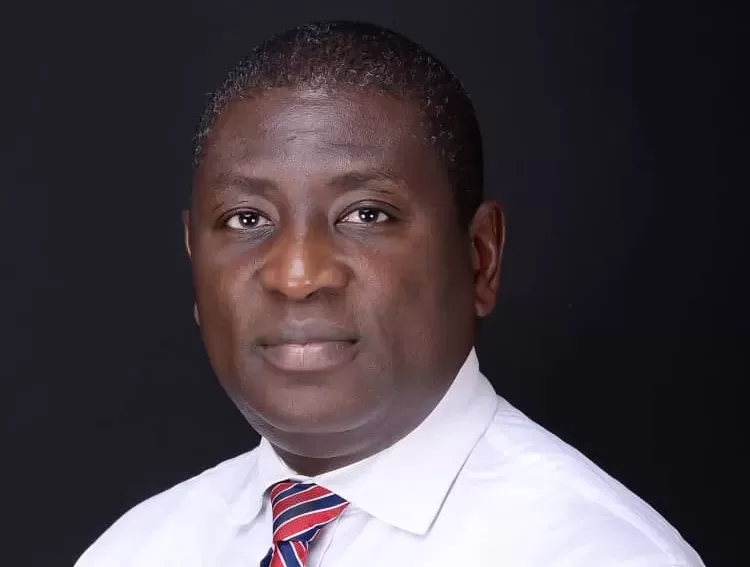Kwadwo Poku Writes: The National Airline Debate – Does Ghana Need A National Airline?
Since the collapse of Ghana Airways, our leaders have frequently floated the idea of a new national airline. Former presidents, along with our current president, have recently revived the conversation about partnering with the private sector to establish a national airline.
We need to understand a few key points regarding all business ventures. Private businesses seek profitable opportunities, and the return on investment must be positive. If the private sector is not lining up with proposals to undertake a venture, and the government has to solicit their involvement, then there is likely a catch.
Let’s pose a few questions. In this competitive airline market, can a new national airline fly to:
1. Dubai cheaper than Emirates?
2. London cheaper than British Airways?
3. Amsterdam cheaper than KLM?
4. Ethiopia cheaper than Ethiopian Airways?
If the answer is NO, then what value would a new airline bring?
National carriers have been used by governments to open trade routes and develop emerging markets. A contemporary example is how the Emiratis utilized Emirates Airways to transform Dubai into the prime destination it is today, which came at a significant cost to their government.
Currently, in Ghana, there are two private airlines. They do not service certain regional capitals because it is not profitable. If a national airline were to emerge, it would assume the responsibility of developing these routes, such as the HO airport. There are no direct flights between Ghana and Togo, as well as between Ghana and Benin. A national airline might seek to operate these routes to promote economic development with neighboring countries. These are tasks that private airlines typically avoid due to a lack of profitability data. Similar instances can be observed in Ivory Coast, where their national airline, Air Côte d’Ivoire, flies to all neighboring francophone countries.
It is worth noting that in 2011, Air Ivoire went bankrupt. The Ivorian government raised new capital and partnered with Air France to launch the new Air Côte d’Ivoire in 2012.
A national airline is heavily dependent on the finances of the central government, as it generally operates under a long-term socio-economic plan. Given the challenges of health, education, and infrastructure in Ghana, do we have over $100 million to establish an airline under a public-private partnership? Years after the collapse of Nigerian Airways, the Nigerian government pushed for a new airline and formed Virgin Nigeria with billionaire Richard Branson. That airline collapsed after eight years.
Operating airlines in West Africa is challenging due to high overhead costs and interest on borrowing, especially when competing in the same market with airlines that borrow at single-digit rates and have access to cheaper fuel.
In my humble opinion, Ghana should prioritize other initiatives over establishing a national airline.



